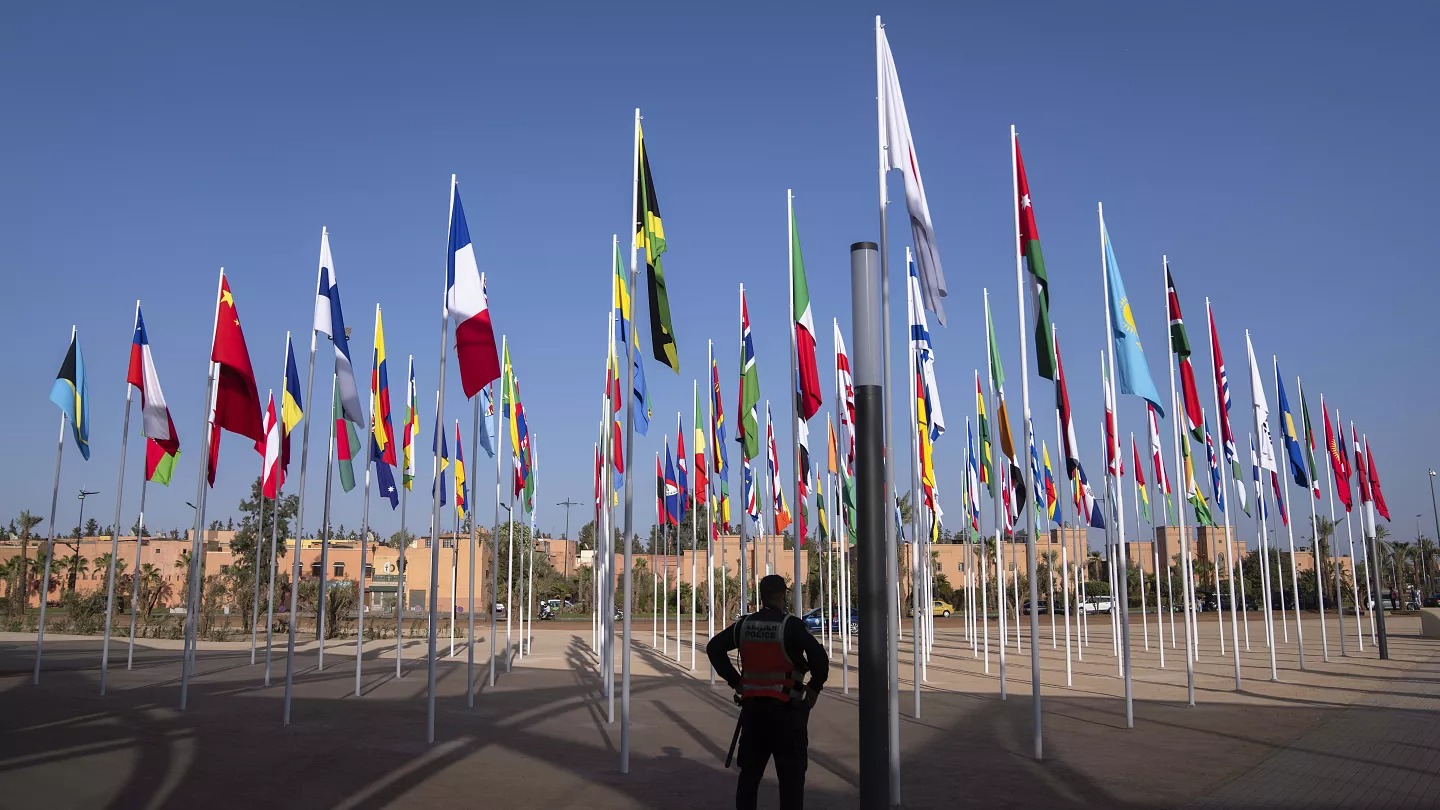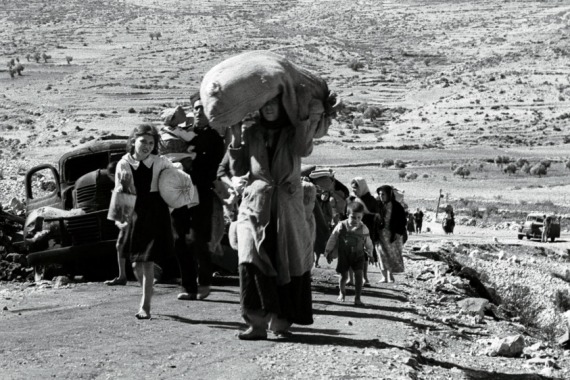The International Monetary Fund (IMF) and the World Bank have chosen to hold their annual summit in the earthquake-stricken North African country of Morocco. This extraordinary decision comes just weeks after a catastrophic earthquake claimed the lives of nearly 3,000 people and posed a significant threat to the conference. The global financial institutions, renowned for their gatherings in Washington, have shifted their focus to Africa for the first time in half a century, marking a historic moment for the continent. Originally slated for Marrakesh in 2021, the meeting faced two postponements due to the ongoing COVID-19 pandemic. As the two financial giants gather in Morocco, they are set to address critical global economic issues with a newfound emphasis on Africa’s prosperity.
Africa Takes the Stage
In a symbolic gesture, the IMF and the World Bank have decided to allocate a third seat on their executive boards to Africa. IMF Managing Director Kristalina Georgieva emphasized the importance of Africa’s active participation, stating that a prosperous global economy in the 21st century necessitates a prosperous Africa. This move is expected to grant the continent a more robust voice within these influential institutions, marking a significant step towards a more inclusive and equitable global financial landscape.
Challenges in the Wake of Global Shocks
The summit in Morocco is expected to delve into the complex challenges faced by developing economies in the wake of recent global shocks. The COVID-19 pandemic, widespread natural disasters, and escalating energy and food costs triggered by the Ukraine conflict have all left their mark. Notably, discussions surrounding capital increases are generating intense debate, with some major contributors opposing the idea due to concerns over increased financial commitments and the growing influence of emerging powers, such as China and India. However, the World Bank is set to announce plans to enhance lending by $50 billion over the next decade through adjustments to its balance sheet, while World Bank President Ajay Banga is pushing for even more significant capacity increases through contributions from advanced economies. The meetings may also lead to reforms in the institutions’ quota systems, which play a pivotal role in determining funding allocation, voting power, and loan limits.
Morocco’s Recovery and Beyond
In the aftermath of the devastating earthquake that rocked Morocco, the IMF swiftly approved a $1.3 billion loan aimed at bolstering the country’s preparedness and resilience against natural disasters. Morocco, a long-time borrower, has relied on loans and credit during economic downturns, particularly when its tourism and exports sectors were severely impacted by the pandemic. The IMF has encouraged Morocco to maintain fiscal discipline and continue raising interest rates to navigate its economic challenges. Activists, on the other hand, are gearing up to stage a march in Marrakesh, urging the institutions to take decisive action on climate change and debt. According to the Kenya-based Oxfam organization, 57 percent of the world’s poorest nations are facing the daunting task of cutting public spending by a combined total of $229 billion over the next five years, underscoring the urgency of addressing these pressing issues.
As the IMF and World Bank convene in Morocco amid the aftermath of tragedy and the backdrop of global economic uncertainty, the world’s attention turns to the decisions and reforms that may shape the future of international finance and offer hope to those in dire need.
















